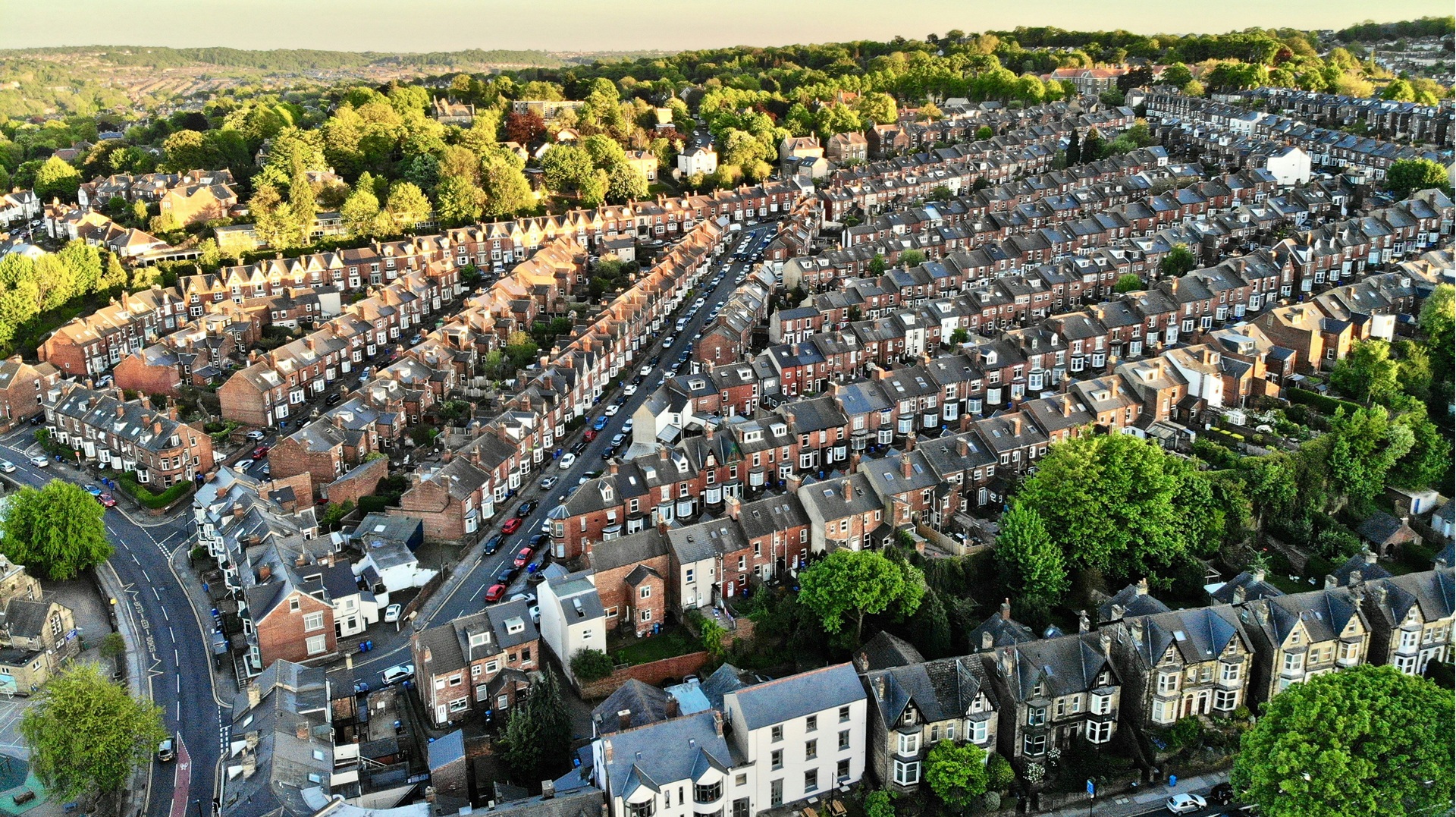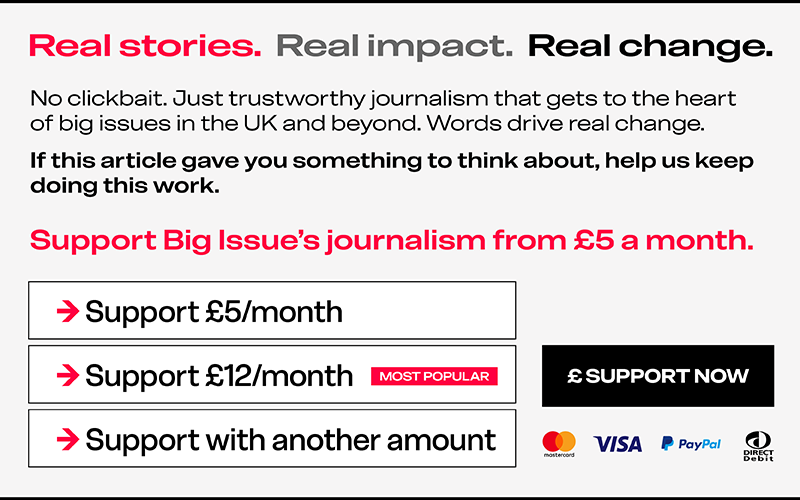Across the UK, more than 120,000 households are living in temporary accommodation, including 165,000 children – the highest number on record, and a direct consequence of a chronic underinvestment in affordable housing. At the same time public debate has been reignited about the use of hotels to house asylum seekers, as if reducing the use of temporary accommodation for asylum seekers would somehow reduce the number of UK residents in the same situation.
The truth is: local authorities are overwhelmed. Decades of declining social housing, soaring rents, and limited investment have created a system on the brink. Hotels are used because we simply don’t have the affordable, safe and decent homes we need.
The government’s recent £39 billion commitment to the affordable homes programme and pledge to end the use of asylum hotels by 2029 are welcome steps – but they must be matched with urgency, ambition and integrated solutions that address both domestic and global housing needs.
To be effective, policy must address the wider forces driving displacement: ignoring this risks undermining the UK’s commitments to displaced people at home and abroad. This isn’t a competition between helping “our own” and supporting others. These challenges are interconnected. Failing to invest in long-term housing solutions – both at home and abroad – will only deepen social divides, entrench injustice and leave us all more vulnerable in a volatile world.
Most importantly, we must shift the public discourse beyond fear toward facts, empathy and accountability. Refugees are not the problem; broken systems are.
And while headlines often cast asylum seekers as the problem, they are in fact among the most vulnerable victims of a broken and overburdened system – fleeing persecution, war and climate disasters. They are often unfairly scapegoated for failures they had no part in creating. We cannot allow public frustration over housing insecurity to be redirected toward those least responsible.






